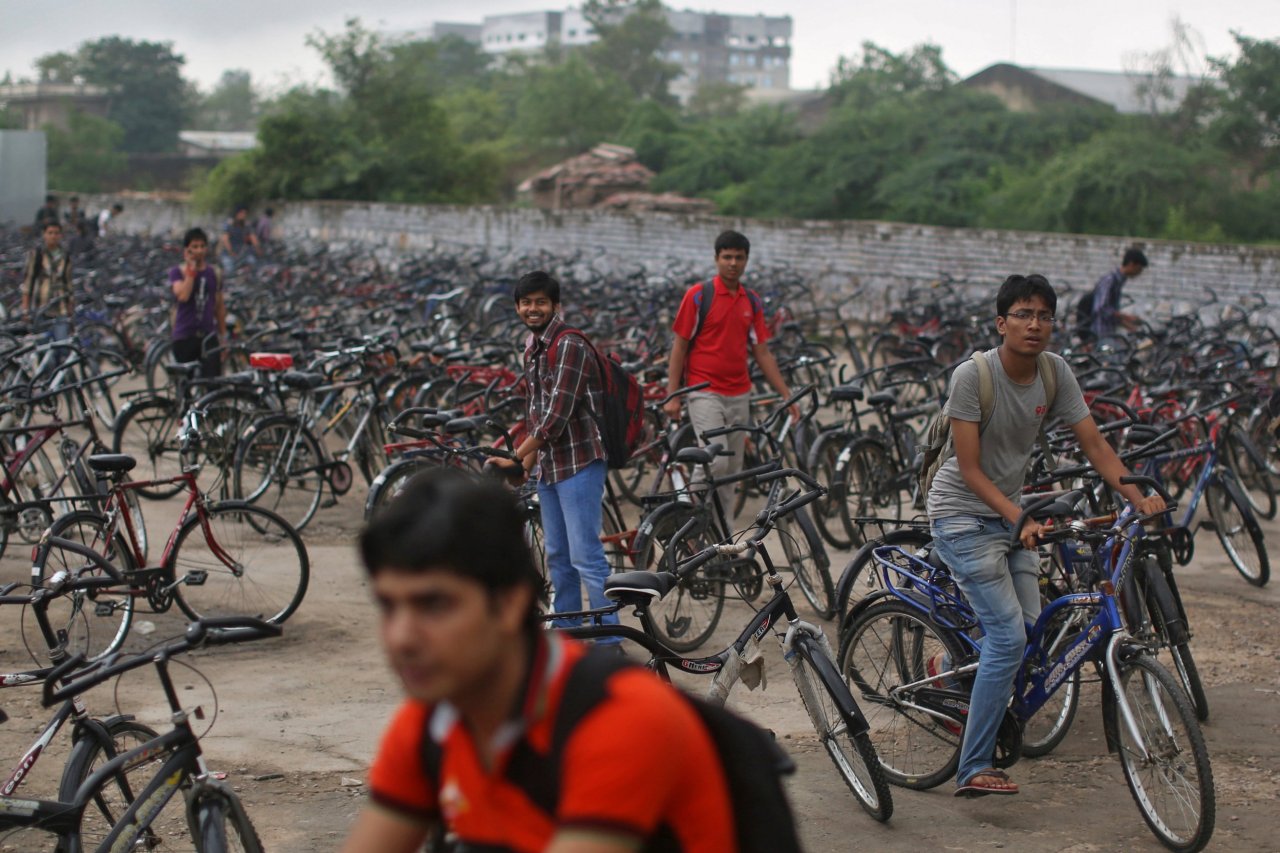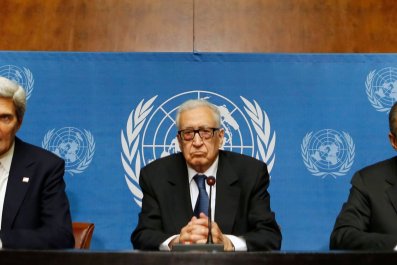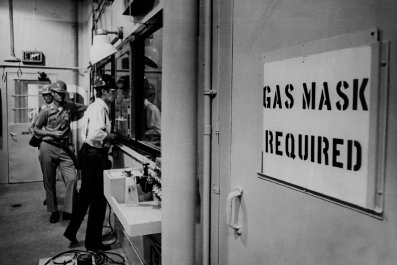In Manhattan, commuters are getting to work on shared bikes to beat the congestion. In central London, bike renting is the way to go to dodge the jams. Paris keeps its traffic moving and its air clean thanks to 20,000 communal bicyclettes.
Yet Kolkata, India's most polluted city, has started pedaling backwards. Bicycles, tricycles and handcarts are now banned there on most major roads.
In New York, where Mayor Mike Bloomberg has expanded the city's bike lanes by more than 350 miles, cyclists pedaled 1.2 million miles and burned an estimated 50 million calories in the first month of its bike-sharing program.
In Kolkata, where bicycle traffic surpasses car traffic, police cite the threat of terror attacks and chronic congestion as reasons for the ban. City authorities say "cycles slow down traffic and removing them will make the streets safer and traffic speedier." But not by much. In Kolkata, the average traffic speed is 11 mph max; in India as a whole it is a dizzying 13.7 mph.
Indian bikers, environmentalists and advocates for the poor are outraged that bicycles have been banished. "Millions of poor and working-class people in Kolkata are dependent on these forms of transport for earning an honest living," said the social campaigner Medha Patkar.
"Just when cities like London, New York and Paris have realized the errors of the past and are now encouraging cyclists by providing special bike lanes and routes and easily rentable cycles," Kolkata has gone in the flat wrong direction, Nobel Prize winner in chemistry Venkatraman Ramakrishnan wrote in The Telegraph, Kolkata. Instead of banning bikes, the city should "make the streets safer for them and to provide reasonable alternative routes for them," he said.




















